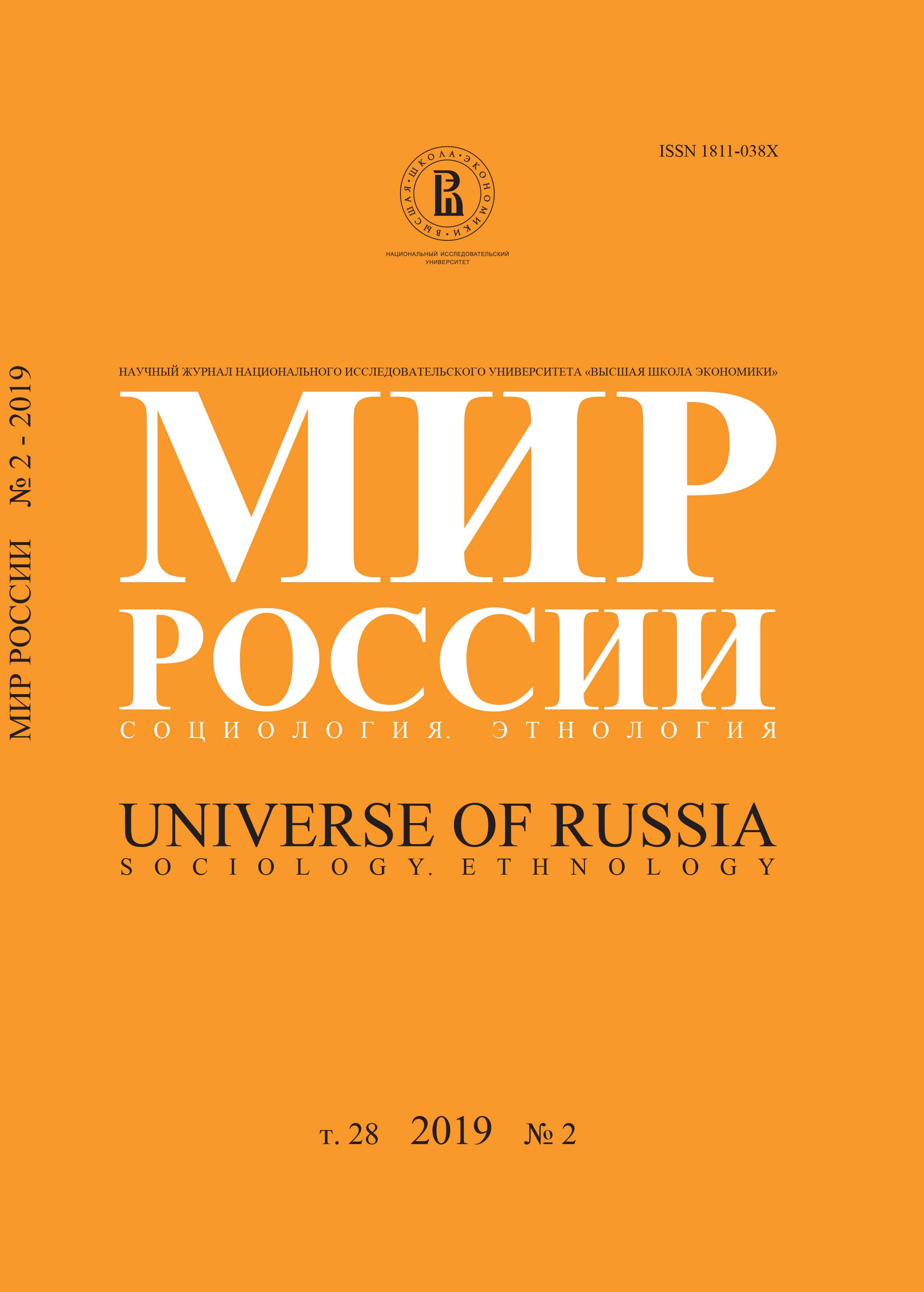Sonderweg: Myths, Reality and the Search for a Way Out
Abstract
Citation: Pliskevich N. (2019) Sonderweg: Myths, Reality and the Search for a Way Out. Mir Rossii, vol. 28, no 2, pp. 42–62 (in Russian). DOI: 10.17323/1811-038X-2019-28-2-42-62
The ideas about Sonderweg in any given country (the idiosyncratic path of a country’s development) typically lead to specific theoretical constructions. Such ideas usually emerge when society accumulates concern about its backwardness with respect to its neighbors, or experiences frustration after a failed attempt to modernize by borrowing institutions from more successful countries. In the latter cases, it is often ignored that borrowed institutions evolved in donor countries as a result of a long evolutionary development constituting these countries’ own Sonderweg. This article attempts three things: (1) to identify the ideologeme of Sonderweg and its role in socio-economic, political and ideological processes in Russia; (2) to highlight the features of the historical, geographical, cultural and socio-economic situation that underlie the “specifics” of Russia's development; (3) to offer insights on how to overcome path dependence and the barriers that hinder modernization.
The article shows that often it is the state that imposes the ideologeme of Sonderweg on society and uses it for its own political purposes. At the same time, it is stressed that it is difficult to build a path towards real modernization, especially in the modern information world, since this path must take into account the “institutional seam” of previous aborted attempts to modernize. In this context, the state has a prominent role to play, and it is required to take a flexible approach to solving current problems, not through overregulation of all processes, which results in a monopoly of collectivism “from above”, but by encouraging the initiatives of society itself, creating independent organizations, which
for many individuals turn out to be manifestations of collectivism “from below” “or, in other words, factors in the building of civil society”. The harmonious relationship between the state and civil society underlies the well-being of modern developed countries.






